African advocates need to advocate differently for biomedical HIV prevention research
New HIV Vaccine and Microbicide Advocacy Society.
The 2017 Biomedical HIV Prevention Forum – popularly known by its acronym ‘BHPF’ – has come and gone. The one day forum that held as a pre-conference on the 3rd of December 2017 during the ICASA conference, sent a clear message to the over 173 pre-conference participants: advocacy for biomedical HIV prevention research in sub-Saharan Africa has to be done differently. Speaker after speaker at the conference identified why and how to make the needed difference in the continent.
First, it was clear that adolescents need to be reached through new and unconventional ways. Adolescents’ sexual and reproductive health needs are not the same – no one cap size fits all. Their sexual and reproductive health needs is not always related to poverty. One common feature to them all however is their low perception of risk for HIV infection and pregnancy. Patricia Jeckonia of LVCT Health, Kenya, highlighted during her presentation, that low level of knowledge on HIV transmission and prevention, and on sexual and reproductive health issues was a challenge for adolescents on the continent and so is the unsupportive legal and policy environment; and their minimum involvement in planning and implementing HIV response that addresses their needs.
Chim Mubanga from Zambia readily identified with these barriers. He appreciated the need for and importance of parents. However, he strongly advocated for adolescents to be actively involved with the design and implementation of programmes that affects them and asked that parents recognize this needs and support their independence to make those critical decision. As a young person himself, he knows and had lived through the negative impact these limitations as a vulnerable individual.
Second, speakers at the conference identified the need to invest in the development of and access to new HIV prevention tools. Nyaradzo Mgodi shared with participants, the potential impact the HIV prevention tools in development will have on the HIV epidemic in sub-Saharan Africa. HIV vaccines, microbicides developed for anal and vagina use, and HIV pre-exposure prophylaxis developed as injectables. All these increase the range of options available for HIV prevention. One can choose and pick from a multitude of armamentarium that will be available.
HIV Pre-exposure prophylaxis (PrEP) is available now – a tool able to reduce the risk of HIV infection in 99% of persons who put the pill in the mouth and swallow it daily said Tian Johnson – a PrEP user himself. Cindra Feuer of AVAC noted that PrEP works well for both men and women. It is however more forgiving for men as men who miss their daily doses are less likely to contract HIV infection than women. Kenya is working assiduously to fast-track access of PrEP to all persons at substantial risk of HIV. Mercy Kamau of Jhpiego described how the country developed its national PrEP roll-out programme using the Human Centred Design to ensure engagement of all stakeholders in the design and implementation of the programme. Kenya is the first country in Africa rolling out PrEP to adolescents and young women and ensuring country wide access of the product.
Finally, the conference came to an end with a sober reflection on advocacy tools available to advocates on the continent which remains under-utilised. Olayide Akanni of Journalists against AIDS, Nigeria showed clearly that as advocates, the Abuja +12 declaration, the AU Catalyst framework for HIV and AIDS are instruments in the region with which we can hold our governments accountable and actionable to invest in biomedical HIV research and ensure access to newly developed tools as a means to end the HIV epidemic by 2030. Also, the Africa Partnership and Coordination Forum, AIDS Watch Africa, NEPAD, Africa Centre for Disease Control, the Regional economic bodies and various regional initiatives (office of the first ladies, regional parliamentary bodies, Africa civil society networks and Cross border HIV Prevention Initiatives) are all structures that have declared commitment to the 2030 global HIV goals and should be held accountable to their commitments and promises.
To make headway on HIV prevention research advocacy in Africa, all speakers seem to identify the need to advocate for HIV prevention as a component of comprehensive health access. We cannot advocate for HIV prevention as a silo programme Pauline Irungu kept emphasizing. We can achieve more and make significant progress if we push for health care financing with HIV prevention as an integral component of comprehensive health care delivery. Domestic financing for health care for Africans is the way to go.
Going forward, our HIV prevention programming in Africa, including investment for the development of new biomedical HIV prevention tools, should be based on evidence – the nature of the epidemic, approaches that work, data on priority /key populations. Advocates need to push for National plans that achieve scale and coverage with involvement of the people to make determinations about their needs.
Source: http://www.newsproof.org/2017/12/african-advocates-need-to-advocate.html


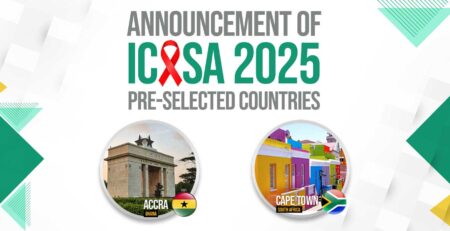
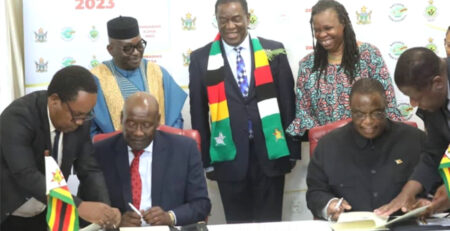
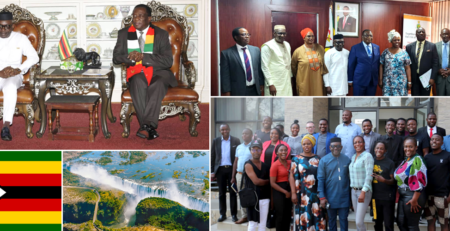

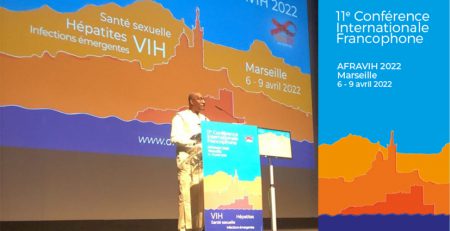



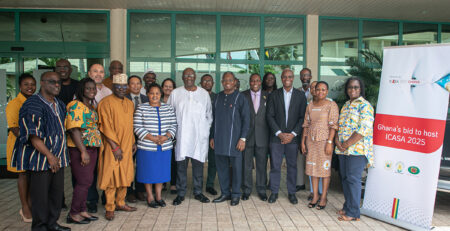
Leave a Reply